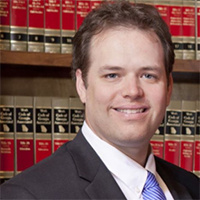Girard Misdemeanor Lawyer, Georgia
Sponsored Law Firm
-
 x
x

Click For More Info:
-
The Ford Law Firm
Assault, DUI, Firearms, Murder, more... Expect Results, Not Excuses
I understand how the system works. Potentially, even getting the case dismissed before it is ever filed against you…it is important to act quickly. Call now at the number below.
800-298-1630  Thomas Ford Alpharetta, GA
Thomas Ford Alpharetta, GAAttorney At Law - GA, 1996
University of Florida, J.D. - 1995
 State & Federal Law
State & Federal LawCriminal cases are filed in both State and Federal Courts. Click for Info.
Not enough matches for Girard Misdemeanor lawyer.
Below are all Girard Criminal lawyers.
Joseph T. Rhodes
✓ VERIFIEDJoseph T. Rhodes was raised in Columbia County, GA and graduated from Lakeside High School and then attended and graduated from the University of Geor... (more)
Richard Hays Goolsby
✓ VERIFIEDRichard Hays Goolsby, Jr. currently practices law in both Georgia and South Carolina and is a proud member of both bar associations. Richard, Jr. foun... (more)
FREE CONSULTATION
CONTACT

 Thomas Ford Alpharetta, GA
Thomas Ford Alpharetta, GA State & Federal Law
State & Federal Law


